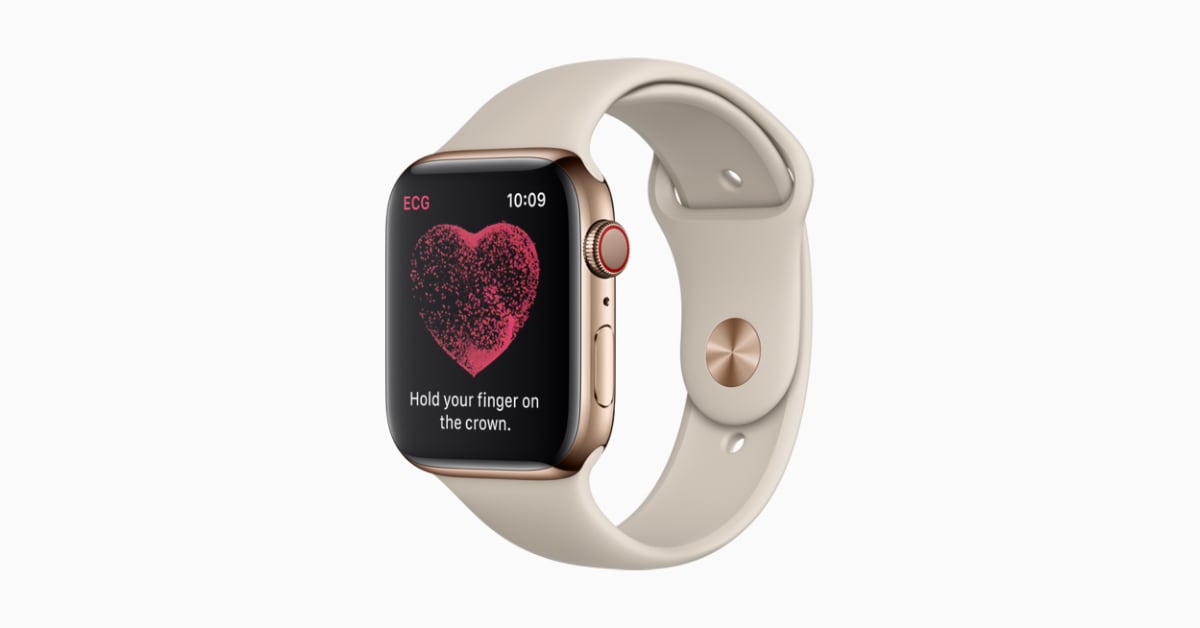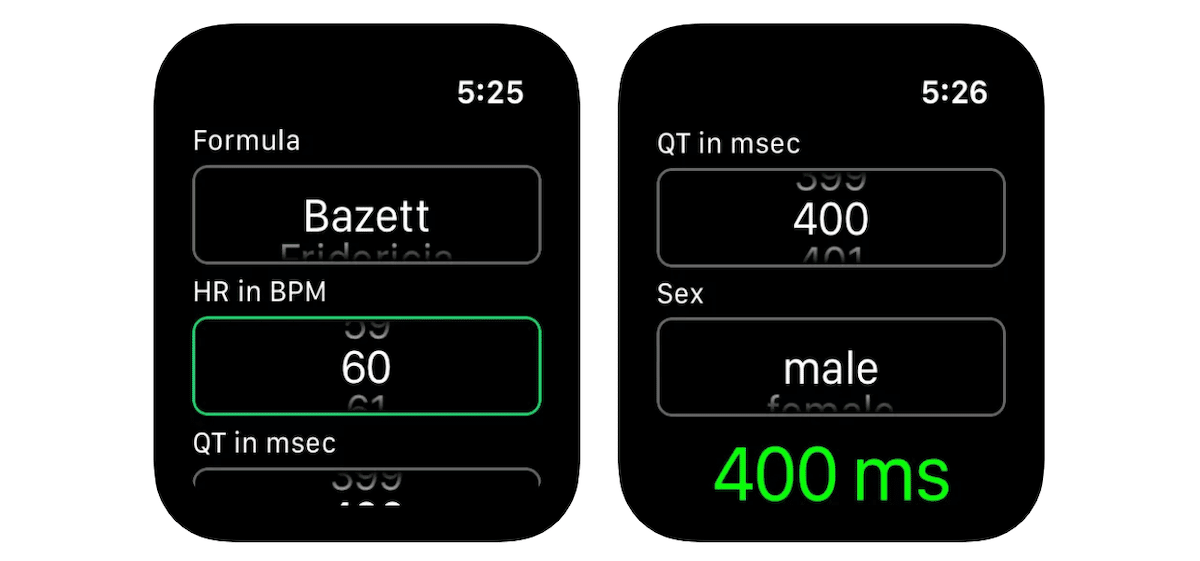Murdoch Children’s Research Institute (MCRI) in Australia is using Apple Watch ECG feature in a study to measure QT prolongation in children undergoing cancer treatment.
Apple Watch Series 4 or newer models offer the ECG app which measures users’ heartbeat rhythm and notifies the users if any irregular heartbeat or atrial fibrillation is detected. The feature is proven to save several lives by promoting users with undiagnosed atrial fibrillation to seek medical help.
Now, the MCRI is using the same tech to study pediatric, adolescent, and young adult patients between 7 to 18 years in measuring QT prolongation during and or after cancer therapy.

QTc-Calculator app on Apple Watch is used to study the heart conditions of young cancer patients
According to MyHealhtyApple.com, the MCRI is using the QTc-Calculator app for Apple Watch to measure QT prolongation in young cancer patients, a medical condition that occurs when the heart muscles take longer time to contract and relax than usual.
QT prolongation is the medical term for an extended interval between the heart contracting and relaxing. This condition can increase a person’s risk of experiencing abnormal heart rhythms and sudden cardiac arrest.
The reliability of the QTc measurements between standard and smartwatch ECG was also demonstrated with a Bland–Altman analysis using different formulas. These data show that a smartwatch can feasibly and reliably assess QT interval.

The new study will focus on the agreement between QTc measured using 12 lead ECG and Apple Watch to evaluate error calculations, the accuracy of QTc using the Apple Watch, and calculation of the interobserver variability between the two health consultants reading the QTc measurements.
Utilizing the Apple Watch to monitor QTc prolongation in this study improves patient outcomes by facilitating real-time monitoring of potential irregularities, widespread screening, detection, and quicker initiation of treatment solutions.
Several studies have used Apple Watch ECG feature to study other heart conditions like an AI (artificial intelligence) algorithm to detect a weak heart pump or left ventricular dysfunction, detect COVID-19 even before the symptoms surface, and detect heart arrhythmias other than Atrial Fibrillation (AFib).